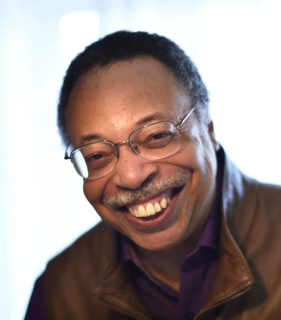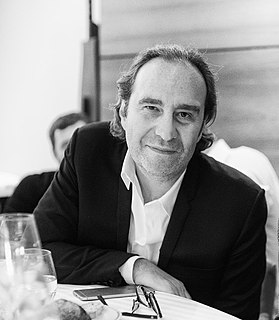A Quote by Zia Haider Rahman
The twentieth century saw a professionalization of fiction writing, particularly in its second half and particularly in the Anglo-Saxon world - not so much mainland Europe, for example.
Related Quotes
The twentieth century saw a professionalization of fiction writing, particularly in its second half and particularly in the Anglo-Saxon world - not so much mainland Europe, for example. This professionalization is a tragedy. Hand in hand with this - and I have no idea what the causal relations are - there has been a rise in the idea of The Author, so that today one often has the impression that what's selling the book is not the book but the author.
The early 20th Century was probably the high tide of global white supremacy - I'm going to call it that because that's how people thought of it - and to be specific, Anglo-Saxon supremacy: The idea that white Anglo-Saxon Protestants were at the top of the world, representing the highest achievement possible for all of humanity, with Darwin's theories being used to prop up this belief.
The Anglo-Saxon world saw India as an underdeveloped country. The land of snake charmers, the cows on the street, that "ex-colony-backward-nation" kind of viewpoint, very condescending. Europe on the other hand, saw India in a more romantic, mystical, spiritual way, as a place that's a fountain of wisdom.
Some people think that English poetry begins with the Anglo-Saxons. I don't, because I can't accept that there is any continuity between the traditions of Anglo-Saxon poetry and those established in English poetry by the time of, say, Shakespeare. And anyway, Anglo-Saxon is a different language, which has to be learned.
I have these guilts about never having read Chaucer but I was talked out of learning Early Anglo-Saxon / Middle English by a friend who had to take it for her Ph.D. They told her to write an essay in Early Anglo-Saxon on any-subject-of-her-own-choosing. “Which is all very well,” she said bitterly, “but the only essay subject you can find enough Early Anglo-Saxon words for is ‘How to Slaughter a Thousand Men in a Mead Hall’.
The British are supposed to be particularly averse to intellectuals, a prejudice closely bound up with their dislike of foreigners. Indeed, one important source of this Anglo-Saxon distaste for highbrows and eggheads was the French revolution, which was seen as an attempt to reconstruct society on the basis of abstract rational principles.






































